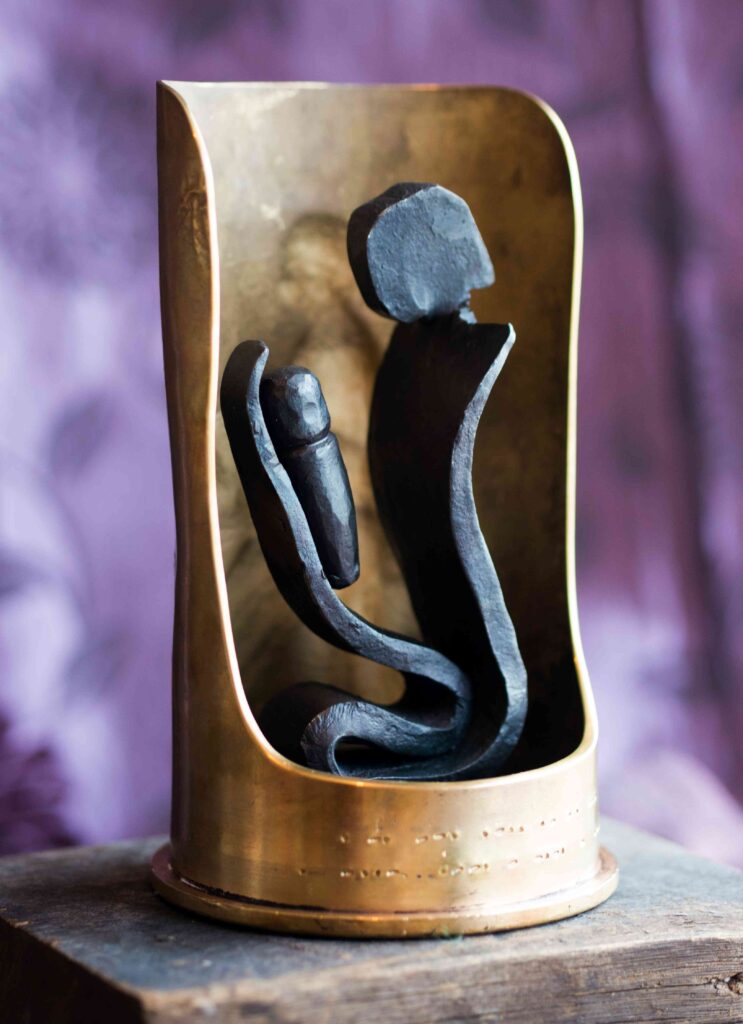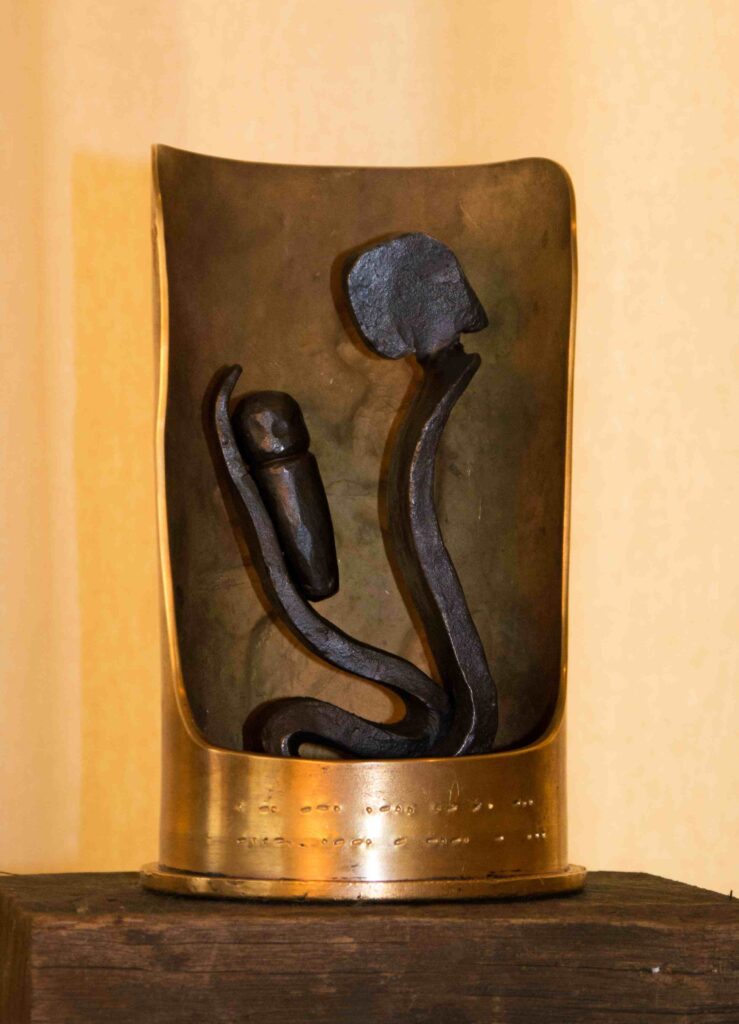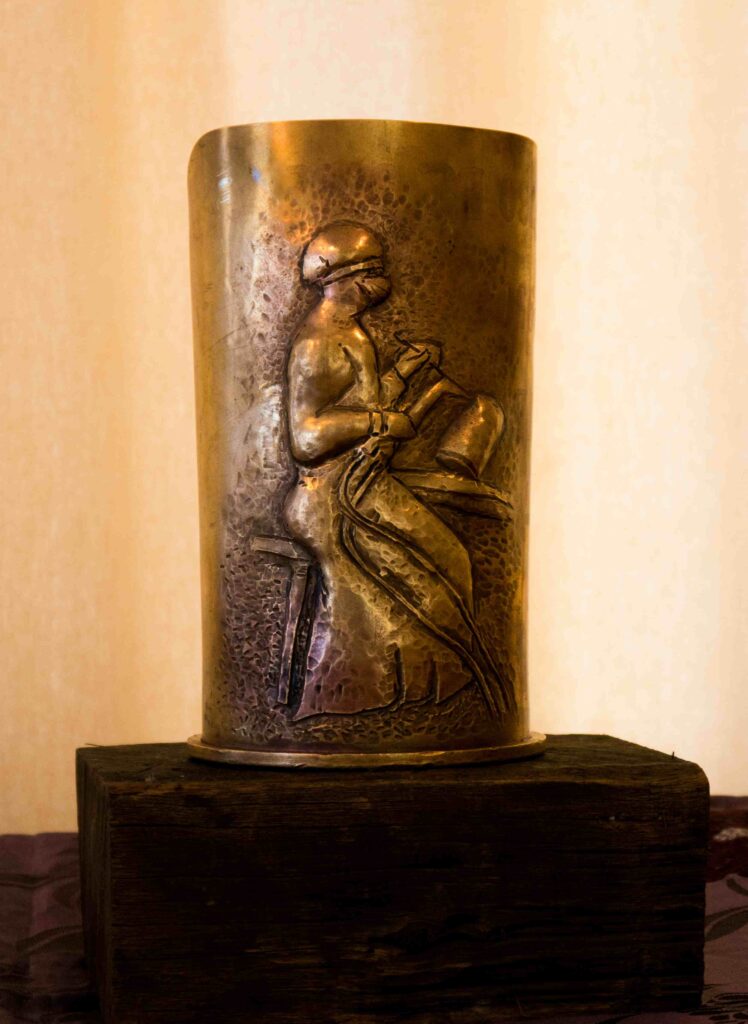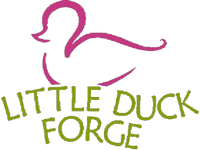Little Duck Forge submitted “Mothers a munitionette” for the Transition Exhibition organised by the British Artist Blacksmith Association. Munitionettes manufactured cordite and TNT during the First World War.



In September 2016, a striking new World War 1 Peace Monument was created at the Grote Markt, in front of the In Flanders Fields Museum in Ypres, Belgium and is now located adjacent to the German War Cemetery at Langemark Poelkapelle.
Transition Touring Exhibition
The British Artist Blacksmiths Association (BABA) organised Transition, a major international touring exhibition of contemporary forged metal design, opened in September 2016 at the Kazematten, Ypres, Belgium to coincide with the ‘Ypres 2016’ International Blacksmithing Event.
The Canary Girls were British women who worked in munitions manufacturing (TNT) shells during the First World War (1914–1918). It was not only the UK’s female munitions workers that were affected by the TNT, but also the babies that were born to them. Hundreds of “Canary Babies” were born with a slightly yellow skin colour because of their mothers’ exposure to dangerous chemicals in the munitions factories during World War One. Nothing could be done for the babies at the time, but the discolouration slowly faded with time. [1]
Further information can be seen at http://www.yprespeacemonument.com/category/transition/
[1] Wikipedia contributors. (2020, June 24). Canary Girls. In Wikipedia, The Free Encyclopedia. Retrieved 14:05, November 5, 2020, from https://en.wikipedia.org/w/index.php?title=Canary_Girls&oldid=964214472
